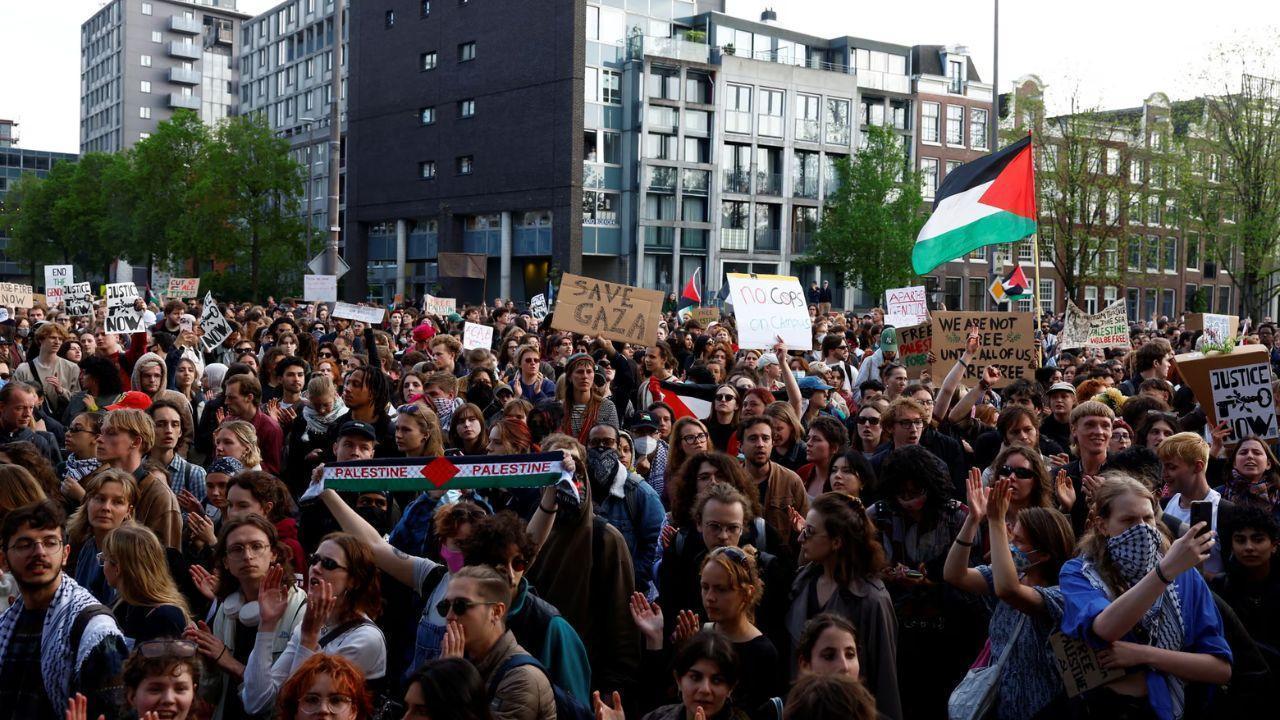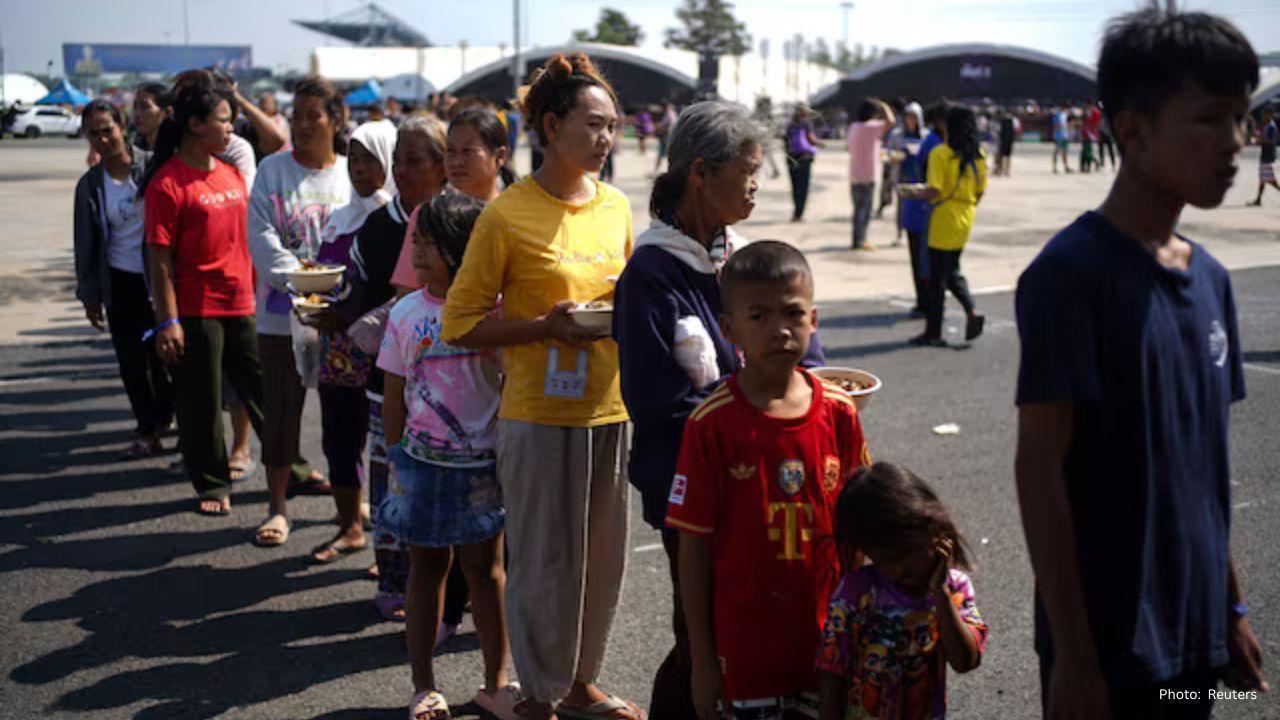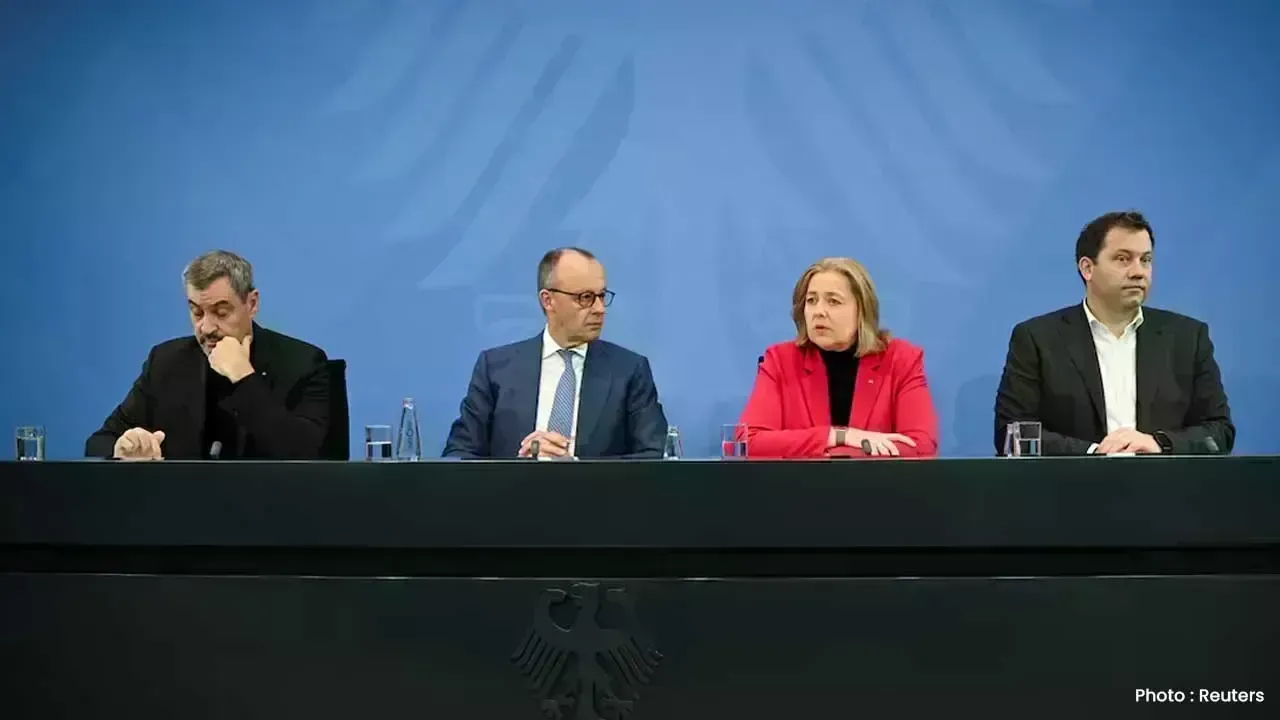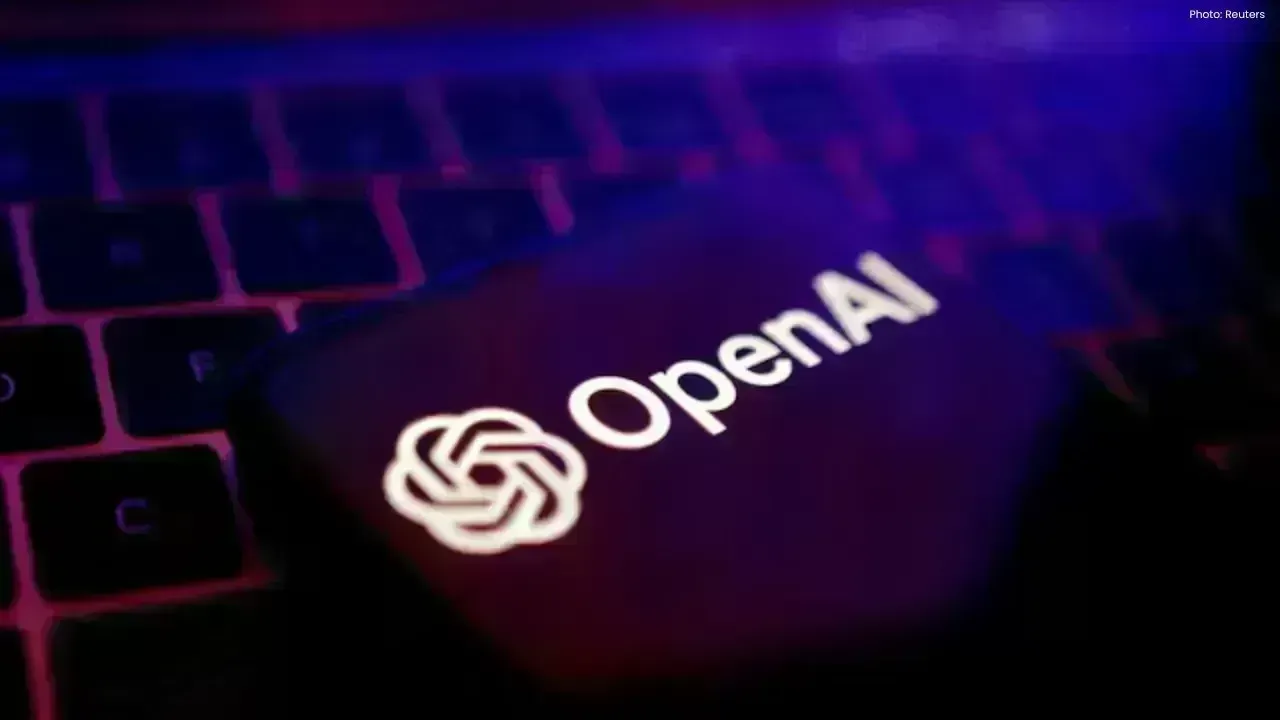
Post by :
Photo:Reuters
A growing number of universities and academic organizations across the world are deciding to cut their ties with Israeli academic institutions. This comes amid serious concerns that some Israeli universities may be linked to the government’s actions in Gaza and the occupied Palestinian territories.
Gaza is currently facing one of the worst humanitarian crises in recent history. According to Gaza’s health authorities, over 63,000 people have been killed in the ongoing conflict, and most of them are civilians. Experts backed by the United Nations have confirmed that large areas of Gaza, which are now mostly destroyed, are suffering from a “man-made” famine.
In response to these events, several universities and scholarly bodies have started to distance themselves from Israeli institutions. Last year, a university in Brazil canceled an innovation summit planned with an Israeli university. Similarly, universities in Norway, Belgium, and Spain have also decided to suspend academic collaborations with Israeli universities. Trinity College in Dublin followed this trend during the summer.
Even the University of Amsterdam stopped a student exchange program with the Hebrew University of Jerusalem. Meanwhile, the European Association of Social Anthropologists has openly said it will not work with Israeli academic institutions and has asked its members to follow the same path.
Many of those supporting these measures are motivated by concerns about the close connections between some Israeli universities and the military or government. Stephanie Adam, a representative of the Palestinian Campaign for the Academic and Cultural Boycott of Israel, said that Israeli universities are “complicit” in Israel’s long-standing military occupation and the current situation in Gaza. She stated that universities worldwide have “a moral and legal obligation” to end partnerships with such institutions.
However, not everyone agrees with academic boycotts. In countries like the UK, France, and Germany, very few universities have cut ties. Universities UK, which represents higher education institutions in the UK, has said it does not support an academic boycott. A spokesperson explained that such boycotts would violate academic freedom, as universities should promote the free exchange of ideas regardless of nationality. Similarly, the Royal Society has opposed any blanket academic boycotts.
Nobel laureate and former president of the Royal Society, Venki Ramakrishnan, shared his mixed feelings about the boycotts. He acknowledged that the Israeli government’s actions in Gaza have caused immense harm to civilians, including children. At the same time, he pointed out that many Israeli academics personally oppose their government’s policies, and a boycott could unfairly punish them.
On the other hand, historian and political scientist Ilan Pappé disagrees with the idea that most Israeli academics are sympathetic to Palestinians. He says that only a few hundred Israelis actively protest against the war in Gaza, and most academics support or participate in government and military programs. He believes academic boycotts send a strong message to Israeli institutions that their actions have consequences.
In the UK, students and academics have pushed for boycotts, but these efforts have often been blocked by university governing bodies. As a result, many researchers are making personal decisions not to collaborate with Israeli universities. Ghassan Soleiman Abu-Sittah, a British-Palestinian surgeon and rector of a UK university, said that moral outrage over Israel’s actions is leading academics to avoid joint projects with Israeli counterparts.
The impact of these boycotts on Israeli research is still unclear. Some insiders say the cuts have not significantly affected their work or international collaborations. However, experts warn that if the boycott movement grows, it could limit research funding and partnerships, which are critical for Israel’s science and technology-driven economy.
Since 2021, Israel has received over €875 million from the EU’s Horizon Europe research program. But in July, the European Commission suggested partially suspending Israel from this funding program. This suspension could affect startups and small businesses working on technologies like cybersecurity, drones, and artificial intelligence. While some EU member states prefer maintaining dialogue with Israel, there are fears that future research opportunities could be restricted.
There are already signs of an impact. In May 2024, Israel allocated €22 million specifically to counter the academic boycott, while the number of Israeli recipients of EU research grants has dropped. Of the 478 early-career researchers awarded grants in 2025, only 10 were from Israel, compared to 30 the previous year.
Experts warn that continued restrictions could lead to a “brain drain,” with talented Israeli researchers leaving the country permanently. While some argue that academic boycotts alone cannot solve the crisis, others, like Abu-Sittah, believe they are a powerful tool to pressure the Israeli government to change its actions.
In short, the academic world is increasingly becoming involved in the debate over Gaza, with universities weighing moral responsibility against academic freedom. While the full effects of these boycotts are yet to be seen, the global conversation shows the growing influence of educational institutions in international human rights issues.










OpenAI Highlights Growing Cybersecurity Threats from Emerging AI Technologies
OpenAI has raised alarms about the increasing cyber risks from its upcoming AI models, emphasizing s

Manchester City Triumphs 2-1 Against Real Madrid, Alonso Faces Increased Scrutiny
Manchester City secured a 2-1 victory over Real Madrid, raising concerns for coach Xabi Alonso amid

Cristiano Ronaldo Leads Al Nassr to 4-2 Victory Over Al Wahda in Friendly Face-Off
Ronaldo's goal helped Al Nassr secure a 4-2 friendly win over Al Wahda, boosting anticipation for th

Landon Donovan Challenges Australia Coach on World Cup Prospects
Landon Donovan counters Australia coach Tony Popovic’s optimism for the World Cup, expecting an earl

Mercedes-Benz Forms Landmark Partnership with WTA
Mercedes-Benz and the WTA unveil a significant partnership effective January 2026, with major invest

Abhishek Addresses Divorce Rumours Concerning His Family
Abhishek Bachchan confirms that daughter Aaradhya remains oblivious to divorce speculations, focusin